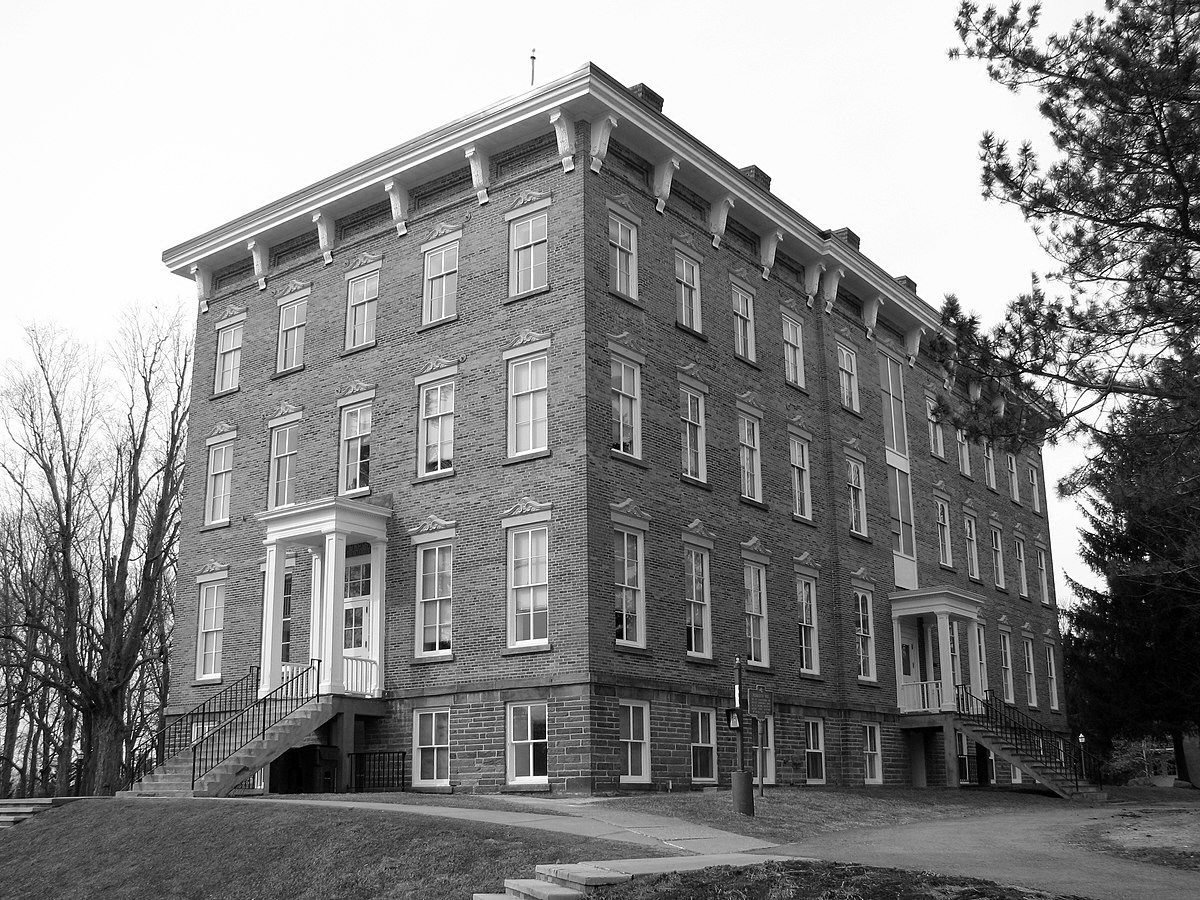The Performativity of SLU’s “Diversity and Inclusion”
SLU’s Office of Diversity and Inclusion (ostensibly) aims to “sustain a living-learning community that challenges habits and assumptions underlying the structures of power, privilege, and injustice, and works to ensure that we are inclusive, welcoming, and empowering to all our members.” The inequalities they point to are fundamentally underpinned and upheld by economic inequality.
Why, then, is the university still paying students almost half of the minimum wage? Is that not the most basic step the university could take to ensure that there are material conditions for “diversity and inclusion” to flourish? They claim to care about diversity and inclusion, but this practice sustains the economic marginalization that necessitates Diversity and Inclusion programs in the first place. Not only are international students legally forced to work on campus, but the isolated location of SLU makes it difficult even for domestic students to work off-campus. This is especially true for those without cars; these are the same people who are likely to need the money the most.
The apparent justification for this practice is a provision in the Fair Labor Standards Act, that allows universities to use their non-profit status to pay their student workers less than minimum wage. St. Lawrence is then legally a non-profit; they ostensibly focus on acting as a self-sustaining institution, rather than as a business. If they are a non-profit, though, shouldn’t they be concerned with sustaining the individuals that constitute the institution? The active decision to participate in this exploitative provision not only undermines their declarations about inclusion but shows that they do, in fact, function as a business that aims only to protect its bottom line.
During the protest and forums following the Jane Doe vs. St. Lawrence University and Ernesto Moralez lawsuit, SLU continually emphasized how much they “care” about the wellbeing of the student body. They stressed the institutional processes that hindered swift action, shifting the blame off themselves. This makes sense; of course, any attempt to understand sexual harassment and its consequences as a matter of individual merit or capability rather than as systemic will, necessarily, fail. But if they cannot control these institutional processes, then they should be taking steps that are within their jurisdiction to improve the lives of the student body.



